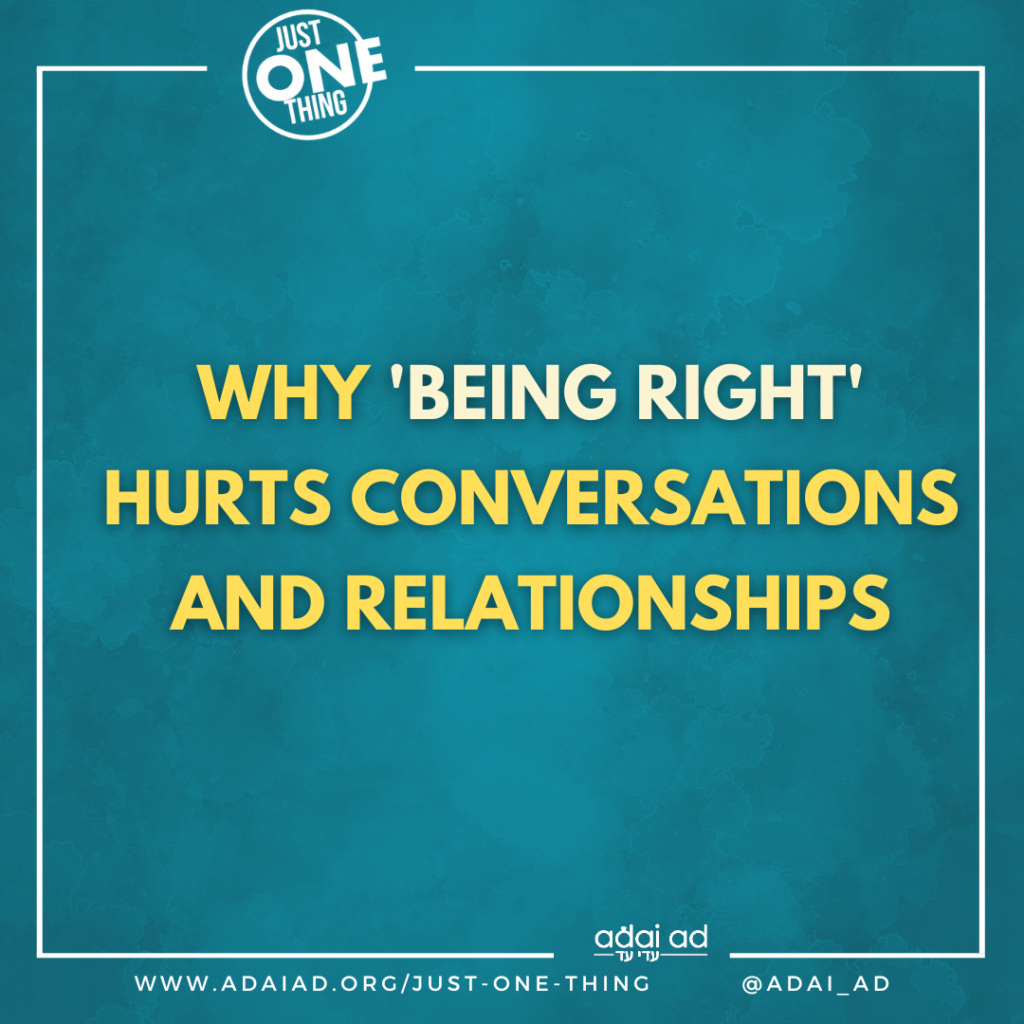It’s easy to get caught up in small disagreements, like the way the toothpaste is squeezed or how the towels are folded. But often, these little things aren’t the real issue—they’re just the trigger. What’s really going on is something deeper, like feeling unheard, unappreciated, or disconnected. The small irritations are usually a reflection of bigger emotions that haven’t been addressed.
If you’re the one getting frustrated, it’s helpful to pause and reflect on what’s behind your irritation. Is there something bigger, like feeling overlooked or ignored? Understanding the root cause of your frustration can help you communicate more clearly. You might start the conversation by saying, “I realize I’m getting upset about this, but I think there’s more to it. Can we talk about what’s really bothering me?” This opens the door to discussing deeper emotions and avoids letting small things turn into bigger conflicts.
On the other hand, if your spouse seems frustrated with you, try to engage in a calm conversation to understand what’s really going on. Don’t get defensive, but listen to what’s underneath the small complaints. You can say something like, “I can see that something is bothering you, and I want to understand. Can we talk about what’s really on your mind?” Often, they’re upset because they don’t feel heard when they bring up bigger issues. Being open and patient can help get to the deeper concerns and create space for meaningful connection.


